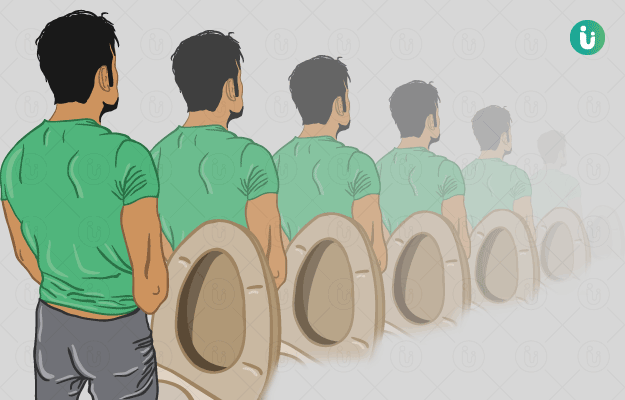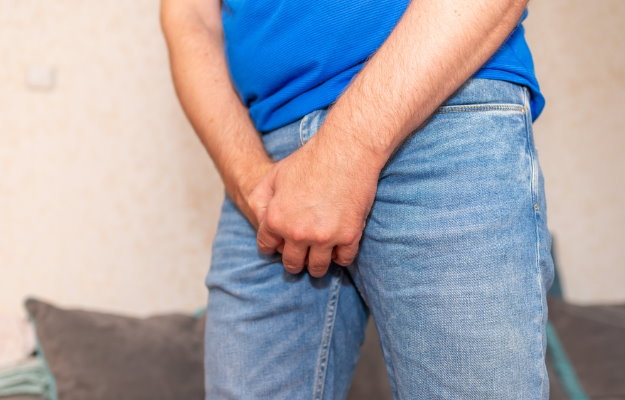What is frequent urination?
When you feel the need to urinate more often than you normally would, it may either be because of an underlying disease like an infection or a kidney stone.
Frequent urination can cause many associated problems and disrupt the daily life of a person.
What are its main associated signs and symptoms?
- On average, most people urinate 7 to 8 times in 24 hours. Although it cannot be generalised, a frequency higher than this can be considered a problem.
- The frequency may be particularly higher at night, disrupting your regular sleep schedule and causing overall lethargy and drowsiness during the day.
- Due to frequent urination, thirst generally increases.
- Some uncommon symptoms include:
What are the main causes?
- Frequent urination can be due to a physiological change like drinking excessive fluids or extremely cold conditions.
- Patients with diabetes mellitus or diabetes insipidus also suffer from frequent urination.
- Frequent urination is one of the symptoms of urinary tract infection and an overactive bladder.
- In females, menopause or oestrogen imbalance can also cause an urge to urinate more frequently.
- Urinary bladder stones are another cause for frequent urination.
- Sometimes, medicines like anti-epileptics can cause this symptom.
How is it diagnosed and treated?
When you complain of frequent urination, your physician will take a history of the onset and duration of the symptoms. It is also important to inform your doctor if you have any other problems apart from frequent urination.
- A morning urine sample is usually tested in the lab for blood, glucose, proteins or any other abnormality in the urine.
- An ultrasound of the bladder is done to see if there is complete emptying of the bladder after urination. A CT scan or x-ray of the pelvis is also done.
- If the doctor suspects any other conditions like diabetes, relevant tests and blood investigations are advised.
The treatment modality for frequent urination depends on the cause of the symptom.
- If frequent urination is due to an infection, antibiotics are helpful.
- Diabetes mellitus is brought under control by insulin therapy or medications, along with some lifestyle changes.
- If the cause is an overactive bladder, medications to relax the bladder muscles are given. Bladder training exercises are also helpful.

 Doctors for Frequent Urination
Doctors for Frequent Urination  OTC Medicines for Frequent Urination
OTC Medicines for Frequent Urination
 Lab tests for Frequent Urination
Lab tests for Frequent Urination Frequent Urination articles
Frequent Urination articles

 Ayurvedic Treatment of Frequent Urination
Ayurvedic Treatment of Frequent Urination
 Homeopathic Treatment of Frequent Urination
Homeopathic Treatment of Frequent Urination







 Editorial Team
Editorial Team












